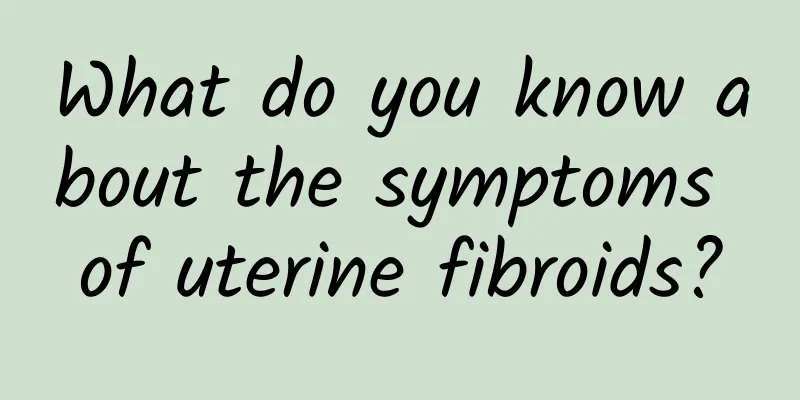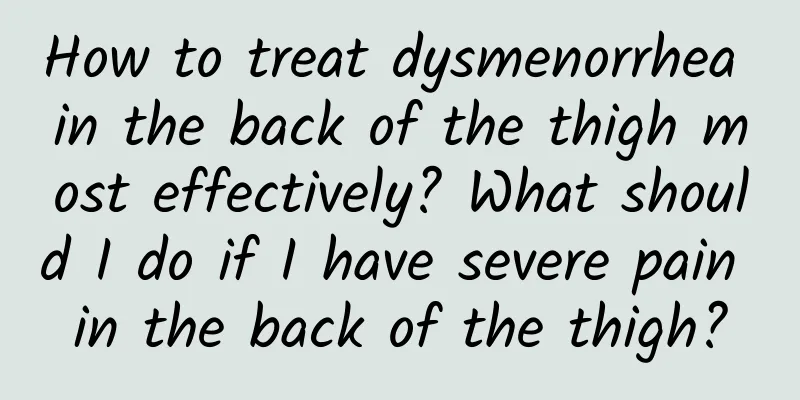Five ingredients of the Qingming Runbing were not up to standard

|
Next week is Qingming Festival, and spring rolls are a sacrificial food that is suitable for the occasion. The Taipei City Health Bureau announced the results of a random inspection of Qingming sacrificial foods on the 29th. Five out of 35 items did not meet the regulations, all of which were related ingredients of spring rolls, including 3 pieces of dried tofu shreds that were found to contain residual fungicide hydrogen peroxide, and 2 pieces of peanut powder that were found to contain excessive amounts of aflatoxin. The Taipei City Health Bureau announced the results of random inspections of Qingming Festival sacrificial foods, and found that five items of tofu shreds and peanut powder, which are commonly used in spring rolls, failed to meet the standards. (Photo/taken from Wikipedia) In early March, the Taipei City Health Bureau visited spring roll wrap specialty stores and sacrificial food vendors around temples to sample 35 ingredients and foods, including spring roll wrappers, shredded tofu, bean sprouts, peanut powder, red tortoise cake, and mochi. Among them, shredded tofu sold at a tofu stall on Linjiang Street, a vegetable stall on Tonghua Street, and Guangcheng Vegetarian on Bade Road were found to contain hydrogen peroxide, which is not allowed to remain. The peanut powder sold at Dongsheng Rice and Grain Food on Huanhe South Road and Fengtai Food Store on Longjiang Road had aflatoxin levels exceeding the standard value, and Fengtai Food Store has been on the list for two consecutive years. The Department of Health stated that hydrogen peroxide, commonly known as hydrogen peroxide, can be used as a food sterilizer. According to the law, it "shall not remain" in food and it also "shall not be used in flour and its products." Excessive consumption may cause symptoms such as headaches and vomiting. If tofu shreds manufacturers use it in violation of regulations, in addition to having their products confiscated and destroyed, they will also be fined NT$30,000 to NT$150,000. As for the peanut powder producers who were found to have excessive amounts of aflatoxin, they will be required to correct the problem within a specified period of time according to the law. If they still do not comply with the regulations after re-sampling, they may be fined between NT$30,000 and NT$150,000. The industry is urged to pay special attention to the storage, transportation and sales processes of grain products such as peanuts to prevent the production of aflatoxin. |
<<: No Executive Yuan version, DPP legislators refuse to review the esophageal law
Recommend
Is anemia caused by iron deficiency? These 4 reasons are hard to escape! Nutritionist Jian Yuhua: 3 tips to prevent iron deficiency anemia
Many women often feel dizzy, tired, have loss of ...
Can medication cure cervical adhesions or intrauterine adhesions?
Can medication cure cervical adhesions or intraut...
What are the precautions for preventing Bartholinitis?
At present, the incidence of Bartholinitis is inc...
Can hot salt compress cure cervicitis? The correct way to treat cervicitis with hot salt compress
Cervicitis is a common gynecological disease that...
How to check for hyperprolactinemia
Hyperprolactinemia is the most common pituitary d...
Irregular menstruation may also cause a bluish complexion
Irregular menstruation may also cause a bluish co...
Abortion will affect fertility
Is abortion harmful? Yes! Abortion will affect fe...
What are the causes of pelvic inflammatory disease in women?
The occurrence of female pelvic inflammatory dise...
How to treat intrauterine adhesions? 3 common methods
The clinical incidence of intrauterine adhesions ...
Classification and nomenclature of hyperprolactinemia
What are the classifications and names of hyperpr...
What to eat after uterine fibroid surgery What to eat after uterine fibroid surgery
What to eat after uterine fibroid surgery Uterine...
How long after the abortion can I exercise? Pay attention to these matters after the abortion
Many female friends are not very clear about the ...
What causes irregular menstruation?
There are many reasons for irregular menstruation...
How much does cervical erosion surgery cost?
How much does cervical erosion surgery cost? Ther...
What you need to know to lose weight after the New Year! Mu Xiyan: 8 eating habits to help you lose weight easily
After the New Year and a week of eating delicious...









